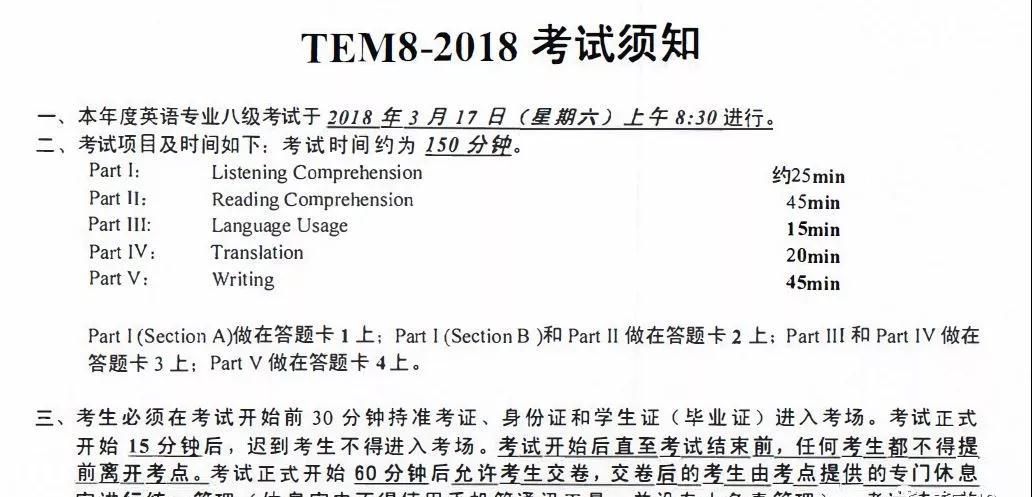World leaders promise fast action
|
World leaders have pledged rapid action to rescue a weakening global economy from the worst financial crisis in over 70 years and agreed to give emerging nations more say in running financial affairs. The Group of 20 (G20) leaders from major industrialized and developing economies set out plans to tighten oversight for major global banks, study limits on banker pay and try for a breakthrough by year end in global trade talks - all part of a roadmap to rebuild a financial system crippled by the credit crisis. They vowed to make progress before a second summit by the end of April. US President George W. Bush called the meeting a success, saying leaders agreed to free-market, pro-growth policies. "It makes sense to come out of here with a firm action plan, which we have. And it also makes sense to say to people that there is more work to be done," he said. European Commission President Jose Manuel Barroso said on Saturday afternoon that the summit "has laid the foundation for the future". Advisors designated by US President-elect Barack Obama who met with dignitaries on the sidelines of the G20 summit said he supports a coordinated response to the global financial crisis and is ready to work with member economies on improving the financial system when he takes office. The G20 also called for fiscal stimulus measures, be they tax cuts or government spending, to take "rapid effect," and urged more interest rate cuts. But they fell short of announcing any new measures or major regulatory breakthroughs, and left it up to individual countries over what action to take. G20 warnings on the dangers of inaction were stark. "Economic momentum is slowing substantially in major economies," it said. Emerging countries are starting to get sucked into the maelstrom, as shown by Pakistan getting a $7.6 billion loan from the International Monetary Fund (IMF) that same day. "It is the worst crisis in 100 years," Japan Prime Minister Taro Aso said. "But the crisis could be a chance at the same time. History tells us that when we overcome crisis, a new order is created." World Bank chief Robert Zoellick complimented leaders for working to "lay a productive foundation" for recovery but he warned that the financial crisis will not be solved if poorer nations are "left out in the cold". In what portends a major shift in the global balance of economic power, the G20 agreed to a place for emerging market economies on the Financial Stability Forum (FSF), where top bank regulators evaluate banking and market risk. The FSF also won a bigger role in setting global financial policies and standards, which national regulators then would follow. In the medium term, the G20 also opened the door to the big prize - more seats for developing countries at the IMF and World Bank. The West is relying increasingly on their money to bail out banks and countries. British Prime Minister Gordon Brown has lobbied China and Saudi Arabia for help and led the call for overhauling the 60-year-old Bretton Woods order that set up the IMF and World Bank. Saudi Finance Minister Ibrahim al-Assaf said, however, the rich oil-producing kingdom had no plans to offer more money to the IMF. "There were lots of rumors that we were coming here to pay the bill; there is no such thing," he said. The leaders set their finance ministers an aggressive work schedule - a review of global accounting standards, colleges of supervisors for major global banks, new standards for credit rating agencies and ways to limit bankers' pay by tying it to a company's risk profile. But much of the list already is being worked on. "It's remarkably bland," said Edwin Truman, analyst at the Peterson Institute for International Economics. |








